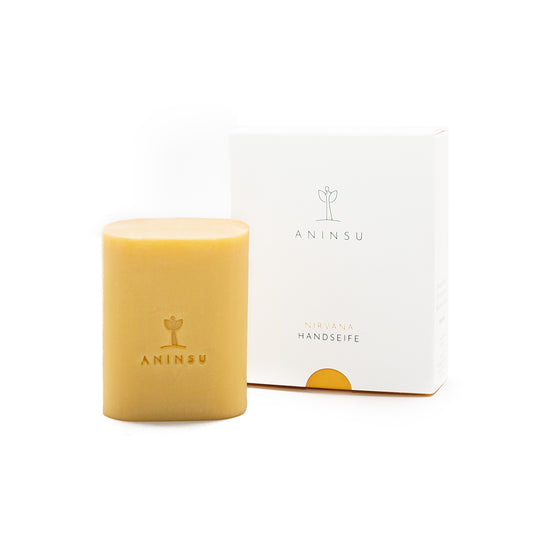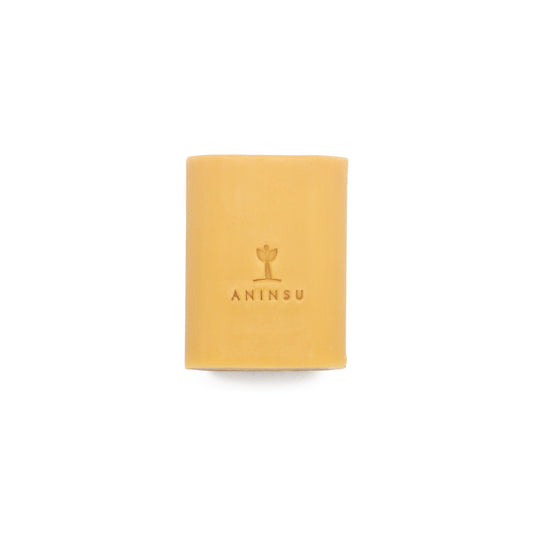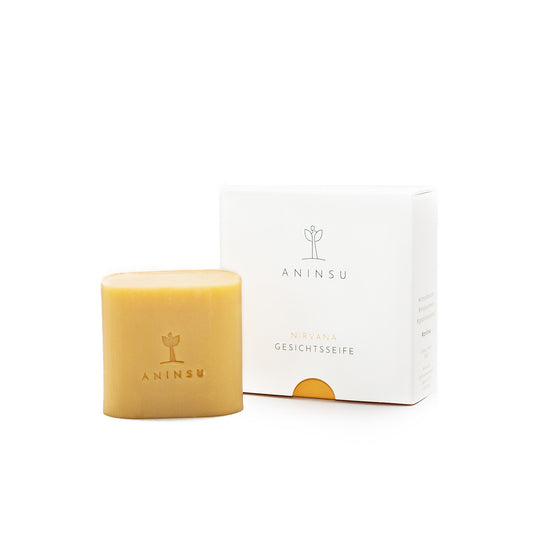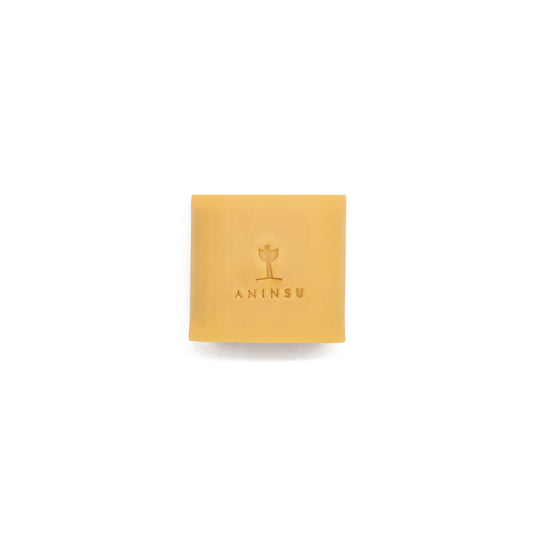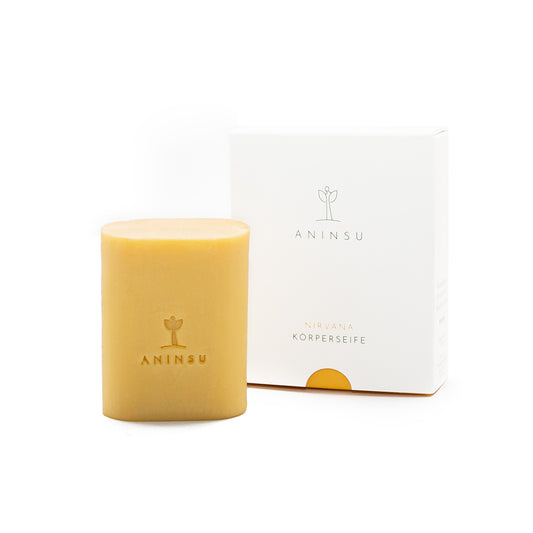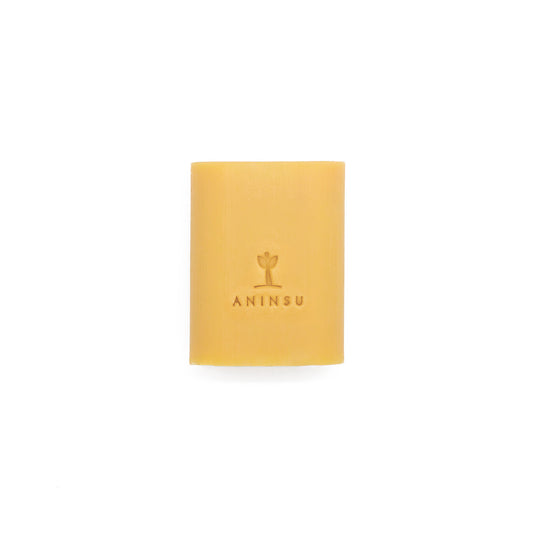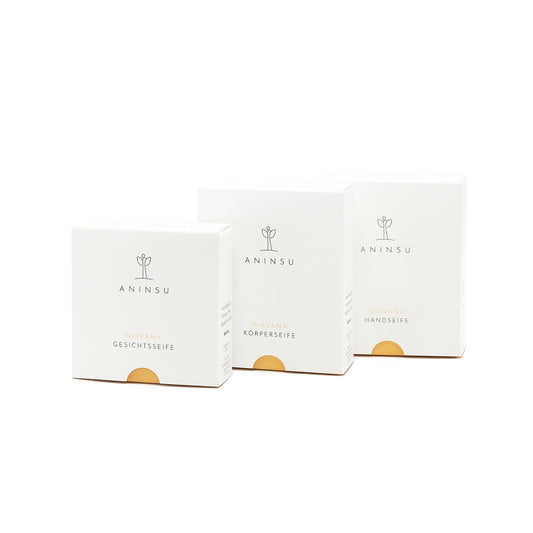Consumer seals are ubiquitous today and are intended to help consumers make conscious and sustainable purchasing decisions. But are these seals really as meaningful as they claim to be? In this article, we take a closer look at consumer seals and highlight their advantages and disadvantages.
The variety of consumer seals
There are a variety of consumer seals that cover different aspects of products and services. From organic seals to fair trade seals to environmental and sustainability seals, there is a seal for almost every area of consumption. On the one hand, this diversity can be helpful because it allows us consumers to choose products that match our individual values. On the other hand, the abundance of seals can also lead to confusion, as not every seal has the same standards and criteria. By the way, you can find out what we do when it comes to sustainability here.
Trustworthiness of consumer seals
One of the main issues that consumers face is the trustworthiness of the seals. Many consumer seals are awarded by independent organizations that carry out strict criteria and checks. These seals provide good guidance and can build trust. However, there are also seals without independent verification of the properties of a product to be certified. Here, there is a risk of "greenwashing" or "social washing," in which companies present their products as more sustainable than they actually are in order to make a better impression on customers.
Transparency and comprehensibility
Another problem with consumer seals is the transparency and comprehensibility of the criteria. Often, they and the assessment methods associated with them are not fully comprehensible or verifiable for consumers. There is a lack of uniform standards and clear guidelines, which makes it difficult to compare the seals. As a result, it can be difficult for consumers to judge the actual sustainability and quality of a product based on the seal.
Consumer seals as a business model
The business model of consumer seals can also sometimes come under criticism, as some companies use these seals purely as a money-making scheme. Some seals may be awarded without any independent and rigorous testing of the products or services. This gives the impression of credibility and sustainability, although these are often not justified. Some companies may simply be buying the affixing of consumer seals without actually following environmentally or ethically sound practices. This can create confusion among consumers and affect their ability to make informed decisions. Therefore, it is crucial that such seals are based on binding and independent criteria and awarded through transparent and credible processes in order to build trust and actually have a positive impact on sustainability and social responsibility.
Risk of confusion: companies' own creations
In the increasingly growing market for sustainable products and services, companies are increasingly relying on the use of their own symbols and labels that deliberately bear similarities to established consumer seals. This practice carries the risk that consumers may mistakenly think they are officially verified and recognized certifications. Companies use this strategy to give the impression of sustainability and social responsibility without actually undergoing independent verification and certification. This approach creates confusion and undermines the credibility of genuine consumer seals.
Role of government regulation
The role of government regulation and legislation is also an important consideration. In some areas, there are legal requirements and standards that must be met, so additional consumer seals add limited value. In other areas where there are no or only weak legal requirements, consumer seals can be a useful supplement to ensure minimum standards.
Conclusion
Consumer seals can help consumers make conscious and sustainable purchasing decisions. They provide guidance and can build trust, especially if they are awarded by independent organizations and have transparent criteria. However, there are also challenges and problems associated with consumer seals. The variety of seals can lead to confusion, while the lack of transparency and comparability makes it difficult to assess sustainability. In addition, the business model of consumer seals is viewed critically, with some providers using seal awarding as a pure money-making exercise and other companies using specially created symbols. It is therefore important that consumer seals are based on binding and independent criteria and awarded through transparent processes in order to strengthen credibility. In addition, government regulation should be considered in some areas to ensure clear minimum standards and protect consumers from deception. Ultimately, clear and understandable product labeling is crucial to enable consumers to make informed choices and promote sustainable purchasing decisions.



